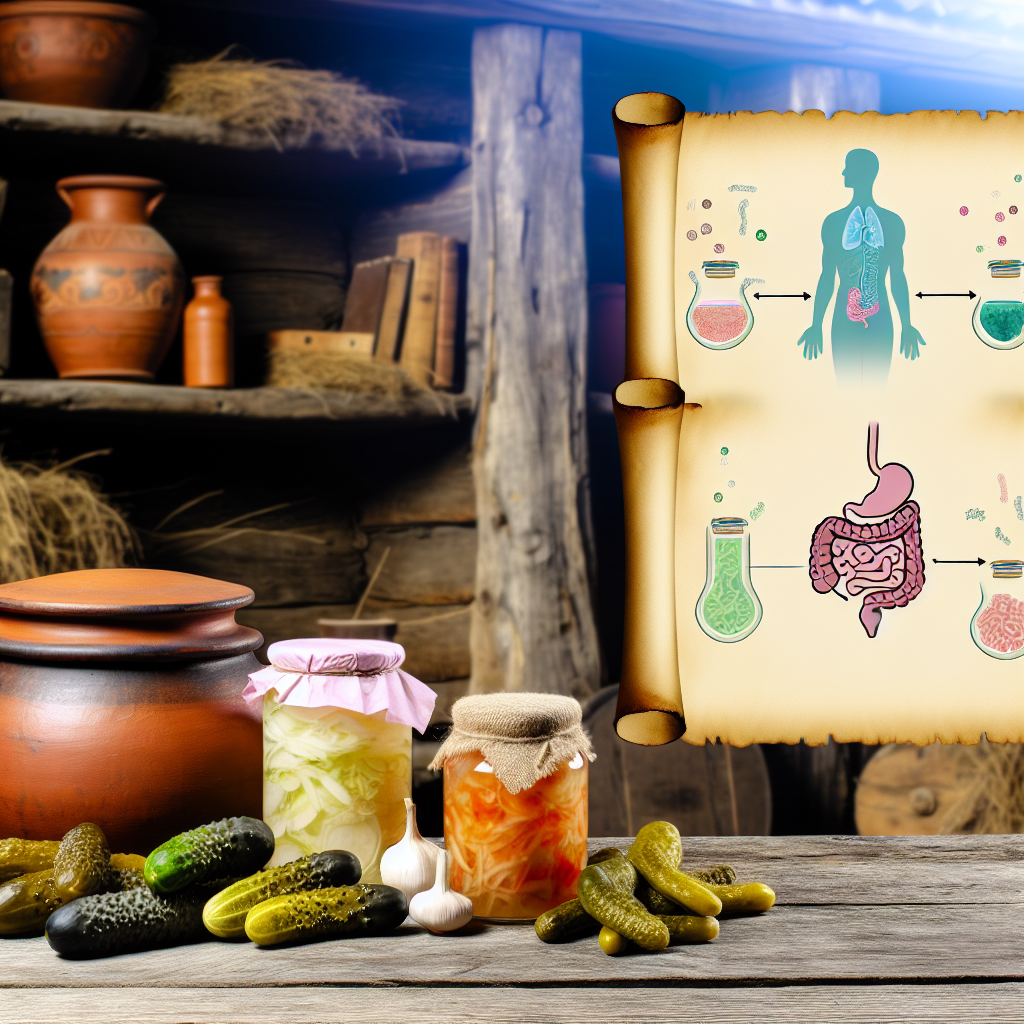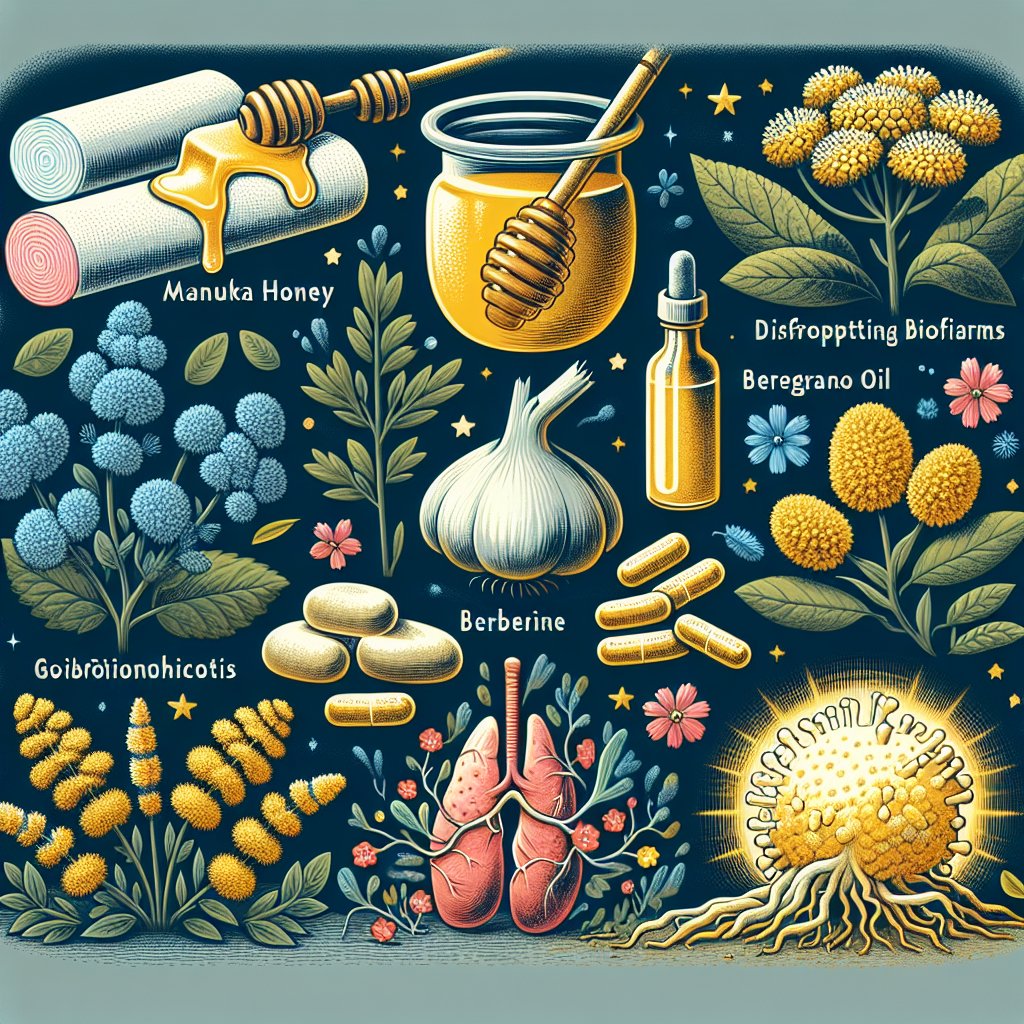Fermentation Revolution: Ancient Preservation Techniques for Modern Gut Health
Introduction: Rediscovering the Power of Fermentation
For centuries, fermentation has been a cornerstone of food preservation. Today, as scientific understanding catches up with ancestral wisdom, fermentation is experiencing a modern renaissance, particularly for its profound effects on gut health.
The human gut microbiome plays a crucial role in digestion, immunity, and even mental health. Fermented foods naturally contain probiotics, beneficial bacteria that help balance gut microbiota. These foods aid in digestion, increase nutrient absorption, and boost immune function. As concerns about processed foods and their negative impact on the gut grow, many people are turning back to traditional fermentation techniques to restore and maintain digestive health naturally.
Studies have linked a balanced microbiome to reduced risks of chronic diseases such as obesity, diabetes, and even mental disorders like depression and anxiety. Good bacteria can outcompete harmful microbes, produce essential vitamins, and generate short-chain fatty acids with anti-inflammatory properties.
The Science Behind Fermentation: Why It Works
Fermented Foods and Gut Microbiome Diversity
Scientific research highlights the role of fermented foods in enhancing gut microbiota diversity, crucial for digestion and immunity. Studies indicate that regularly consuming fermented foods can significantly improve gut health, reduce inflammation, and enhance metabolic processes.
Fermented Foods as a Defense Against Infections
Research suggested that naturally fermented foods enhance gut resilience by promoting a balanced bacterial environment that fends off harmful pathogens.
The Gut-Brain Connection: How Fermentation Affects Mental Health
Research highlighted that gut microbiota influence mood disorders, stress, and cognitive function. Fermented foods, rich in lactobacilli and bifidobacteria, contribute to neurotransmitter production like serotonin—widely known as the “feel-good” chemical.
Fermentation and Metabolic Health
Short-chain fatty acids (SCFAs) produced during fermentation regulate metabolism and reduce risks associated with obesity and type 2 diabetes. Research found that fermentation-driven SCFAs can improve insulin sensitivity, making fermented foods a potential aid in controlling metabolic conditions.
Incorporating Fermented Foods Into Your Diet
With modern science confirming what ancient cultures have long known, it’s clear that fermentation is more than a preservation method—it’s a powerful way to improve health. Fortunately, adding fermented foods to your diet is simple and delicious.
Popular Fermented Foods to Try
– Yogurt – A rich source of probiotics that enhance digestion.
– Kimchi – A spicy Korean side dish packed with lactobacilli.
– Sauerkraut – Fermented cabbage that supports gut bacteria.
– Kefir – A probiotic-rich dairy or water-based drink.
– Tempeh – A fermented soybean product beneficial for gut flora.
– Miso – A Japanese seasoning with probiotic advantages.
– Kombucha – A fermented tea promoting digestive health.
Choosing unpasteurized, naturally fermented versions ensures you reap the full probiotic benefits.
Conclusion: Embracing the Fermentation Revolution for Optimal Health
Fermentation acts as a bridge between ancient wisdom and modern health science. Traditional methods used for centuries have now been validated by researchers for their crucial role in gut health, immunity, and mental well-being. While commercial probiotics are widely available, naturally fermented foods offer a more diverse and effective source of beneficial bacteria essential for a balanced microbiome.
As society grapples with rising digestive disorders, chronic inflammation, and mental health concerns, embracing fermented foods provides an easy yet transformative solution. By integrating these natural remedies into our daily lives, we not only honor tradition but also strengthen our health for the future.
Concise Summary:
Fermentation has been used for centuries to preserve food and has now been rediscovered for its profound effects on gut health. Consuming fermented foods, which are rich in probiotics, can improve gut microbiome diversity, reduce inflammation, and even boost mental health. The article provides an overview of the science behind fermentation and recommends popular fermented foods to try, encouraging readers to embrace the “Fermentation Revolution” for optimal health.
References:
[1] Wastyk, H. C., Fragiadakis, G. K., Perelman, D., Dahan, D., Merrill, B. D., Yu, F. B., … Sonnenburg, J. L. (2021). Gut-microbiota-targeted diets modulate human immune status. Cell.
[2] Marco, M. L., Hill, C., Hutkins, R., Slavin, J. L., Tancredi, D. J., Merenstein, D., & Sanders, M. E. (2020). Should there be a recommended daily intake of microbes? mBio.
[3] Cryan, J. F., O’Riordan, K. J., Cowan, C. S. M., Sandhu, K. V., Bastiaanssen, T. F. S., Boehme, M., & Dinan, T. G. (2019). The microbiota-gut-brain axis. Nature Reviews Gastroenterology & Hepatology.
[4] Canfora, E. E., Meex, R. C. R., Venema, K., & Blaak, E. E. (2019). Gut microbial metabolites in obesity, NAFLD, and T2DM. Journal of Physiology.

Dominic E. is a passionate filmmaker navigating the exciting intersection of art and science. By day, he delves into the complexities of the human body as a full-time medical writer, meticulously translating intricate medical concepts into accessible and engaging narratives. By night, he explores the boundless realm of cinematic storytelling, crafting narratives that evoke emotion and challenge perspectives.
Film Student and Full-time Medical Writer for ContentVendor.com




